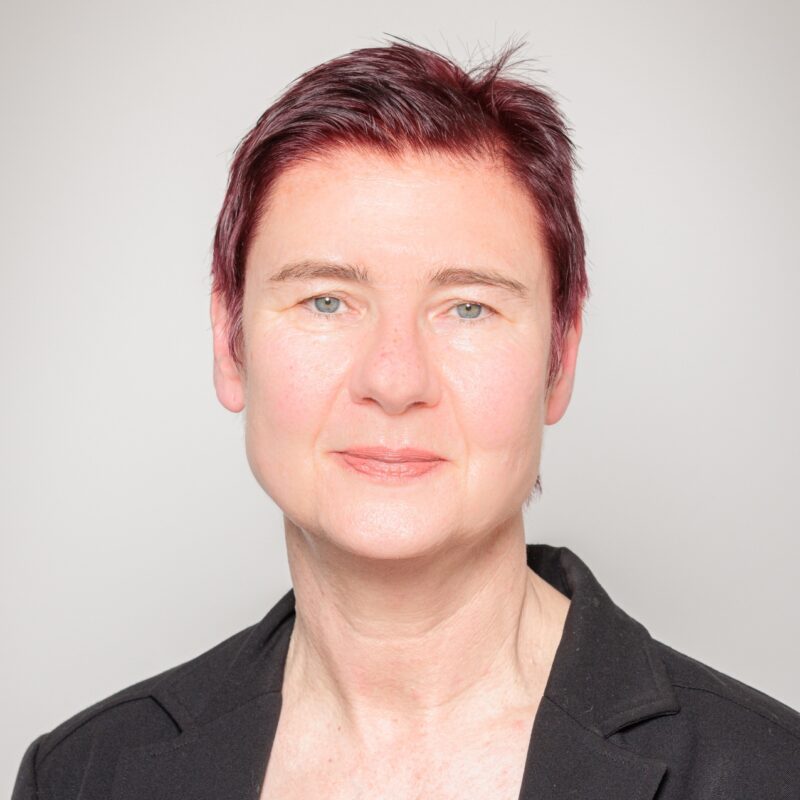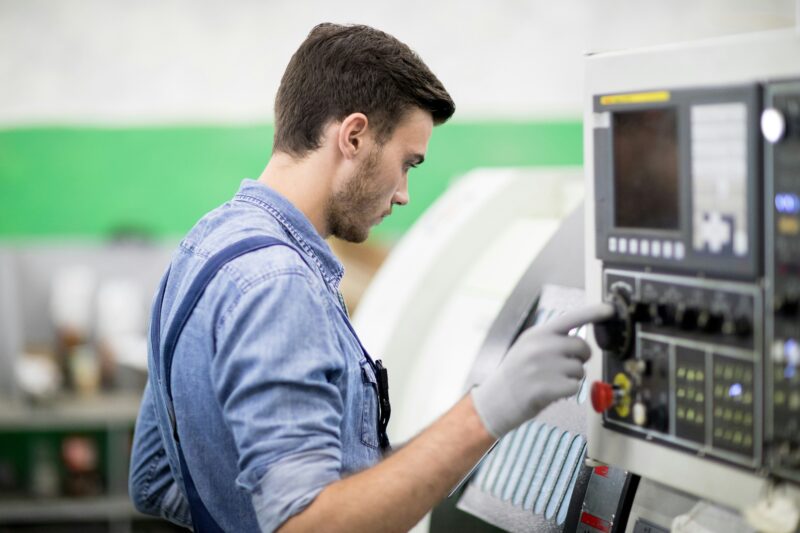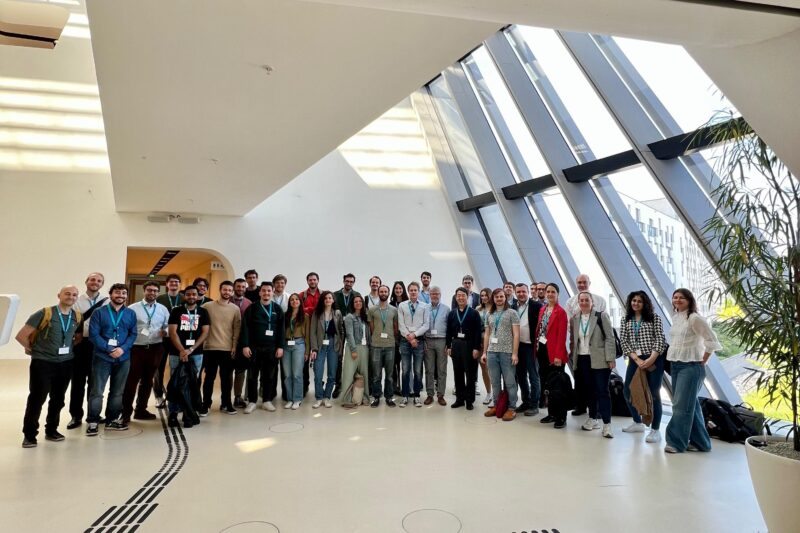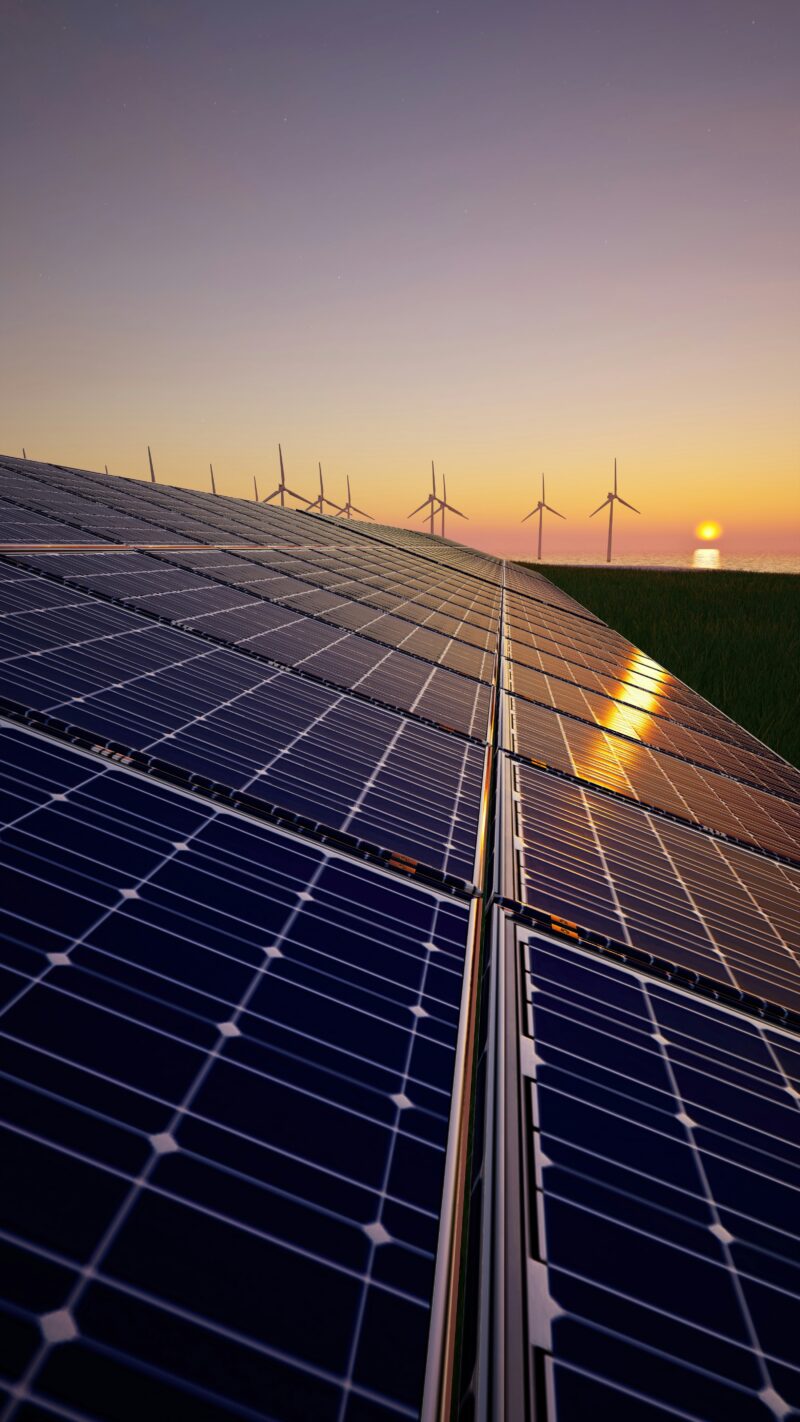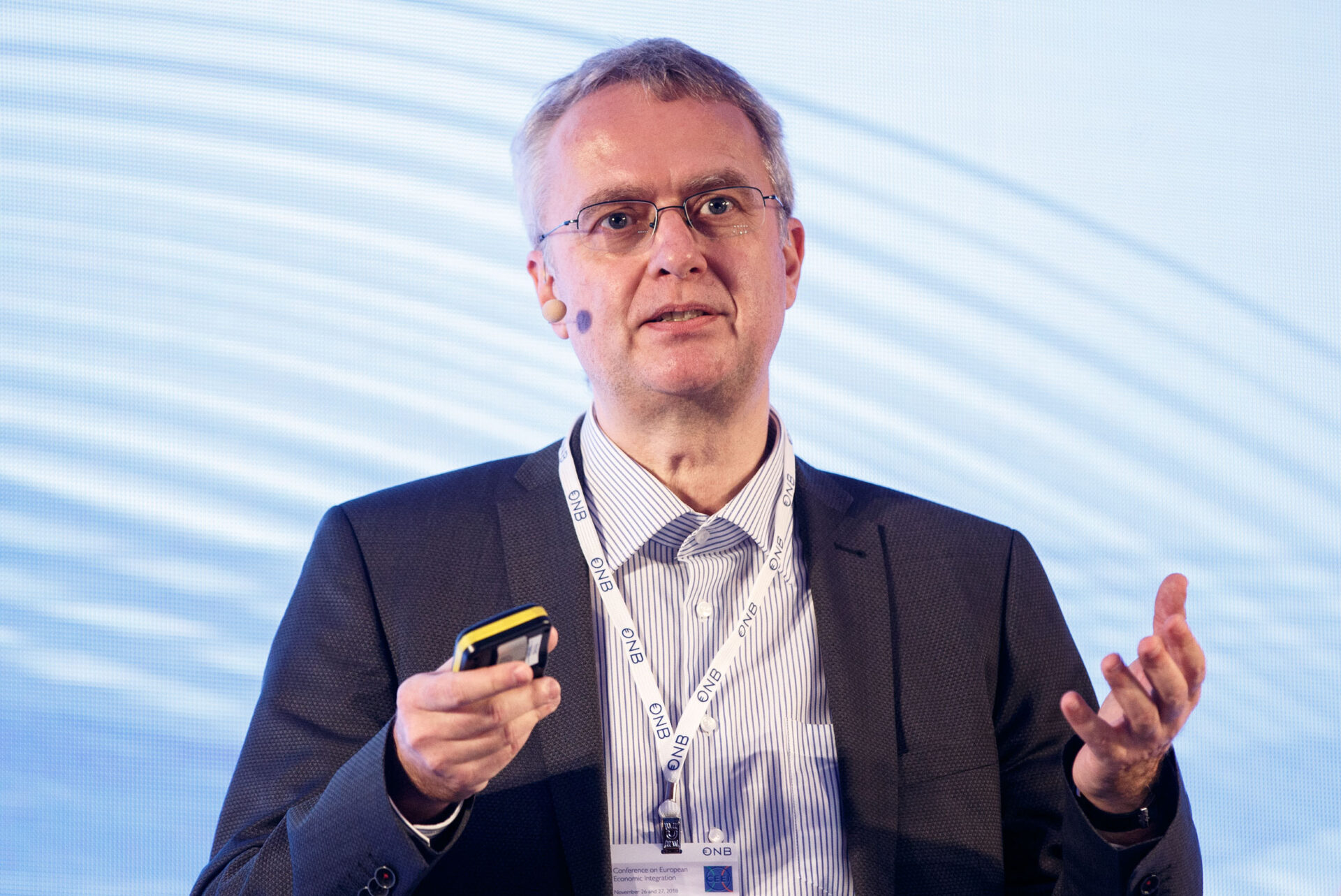
WIFO Economists at OeNB Conference
Michael Peneder's keynote speech was based on the observation that some countries succeed in largely avoiding the general trend towards de-industrialisation through high net exports of goods. Examples are China and South Korea, but also Germany and numerous countries in Central and Eastern Europe. The prerequisite is a high level of competitiveness in the production of goods, which can be specifically supported by industrial policy. What is essential here is an integrated approach aimed at the development potential of a location, i.e. high real incomes combined with future-oriented qualitative changes (e.g. digitisation, energy revolution). Specifically three system functions must be strengthened: (i) constant innovation; (ii) enhancement of productive resources through investment; and (iii) open markets and efficient regulation. The keynote lecture by Michael Peneder, who subsequently discussed with Ralph de Haas (European Bank for Reconstruction and Development) and OeNB economist Tomas Slacik, was based on two recent publications on issues of competitiveness and industrial policy.
Budget expert Margit Schratzenstaller gave a keynote speech on "The Role of the EU Budget" in which she addressed the need for reform in EU spending and in the EU own resources system. Based on the results of the Horizon-2020-EU project "FairTax", she presented various candidates for tax-based own resources, such as a carbon-based flight ticket tax, a border carbon adjustment for the EU emissions trading system, a surcharge on national mineral oil tax rates or an EU-wide net wealth tax. These are particularly well suited candidates because they cannot be levied effectively at the national level due to tax avoidance and competition as well as cross-border externalities. At the same time, they could contribute to the achievement of key EU objectives and strategies. Further speakers in this panel were Michael Erhart (EU Commission), Sándor Richter (wiiw) and Stéphane Saurel (European Investment Bank).
Among the speakers at the very well attended conference, where numerous international speakers and audiences were present, were Austrian Finance Minister Hartwig Löger, OeNB Governor Ewald Nowotny, Isabel Schnabel (Professor at the University of Bonn and member of the German Council of Economic Experts) and (via video streaming) Jeffrey Sachs (Professor at Columbia University).
To the conference program
To the publications of the "FairTax” project
Schratzenstaller, M., Tax-Based Own Resources as a Core Element of a Future-oriented Design of the EU System of Own Resources, Intereconomics, 2018, 53(6), S. 301-306.

